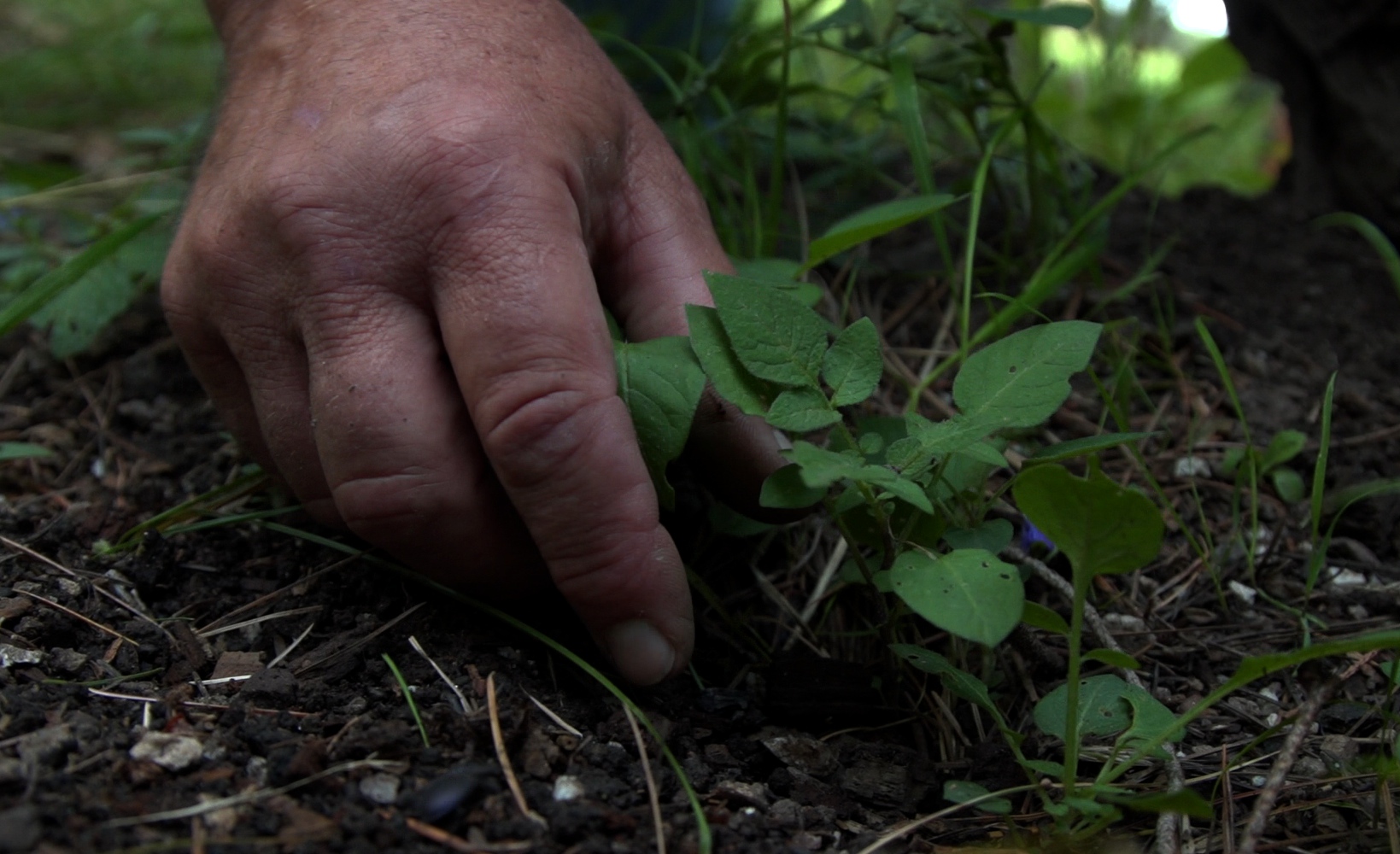We're open daily! View holiday hours
Science News
Seeds of Time
June 5, 2014
by Kira Hammond

Filmmaker Sandy McLeod recently visited the California Academy of Sciences, where she chatted with us about her latest film, Seeds of Time. The documentary seeks to tell the story of seeds as a cultural heritage that we need to protect, document, and preserve through time. Cataloging our biological heritage for future generations is near and dear to the Academy’s mission, but how did McLeod get interested in this topic?
It began in 2007, when McLeod discovered an article in the New Yorker about Cary Fowler, Senior Advisor to the Global Crop Diversity Trust. McLeod was immediately hooked on the story. For the filmmaker, it was time to buckle down and learn about agriculture—both pre- and post-industrialization. “You immerse yourself in the subject,” she explains. “You come to it like an audience member, not knowing much and learning all the time. It was a great learning experience.”
McLeod challenges the audience to think about the industrialization of our food system. “We don’t grow for nutrition to begin with: why? Everything nutritional is taken out, including the antioxidants. Taking out the nutrients can cause the food to go rancid, so then you have to add preservatives. If you just took the whole grain and milled it with all that good stuff still in it, we would have all the nutrients.” She points out that vitamin companies profit from the ‘enriching’ process of reintroducing vitamins, and also reminds us that the entire processed foods industry is not about creating nutrient-rich foods, but about monetizing food production.
These discoveries made McLeod an advocate of sustainable agriculture. She champions the concept of seed vaults—the process of cataloging information about the variety of seeds on the planet and saving physical samples for perpetuity. She discusses the idea of a seed library from which users could ‘check out’ seeds, cultivate the plant, and then re-file the next generation of seeds. “Growing the same things in different environments will help to get some diversity back.” She is also a proponent of citizens getting involved in policy changes that protect seed diversity, limit the amount of food processing, or otherwise help us return to a more robust food systems model. “Resilience is what you need. We cannot sustain this, it’s not sustainable, how do we get it to a place where it supports itself.”
McLeod recognizes the obstacles to moving towards sustainability. “We need sustainable agriculture with an environmental component. It would be nice if we had more national interest.” We can start at the community level by establishing shared gardening spaces: school gardens are one such example, but residents can start a communal gardening spot in a dedicated lot or even a volunteer’s lawn. “Food creates community—even just having a meal together—growing food together can really do that.” She recommends supporting political candidates who are tackling the agricultural issues with an eye towards environmental impact.
Over the course of six years, Seeds of Time grew into a fully nuanced international story. Now you can reap the rewards of McLeod’s and her colleagues’ efforts. The San Francisco Green Film Festival already showcased her work on Monday evening (check out their Take Action! guide on food security), the film will also be shown in Point Reyes tomorrow night, and future screenings will be listed here.
Kira Hammond is living the STEAM dream (Science Technology Engineering Art Math) working as a Media Specialist for the Visualization Studio at the Academy.
Image: Hungry, Inc.